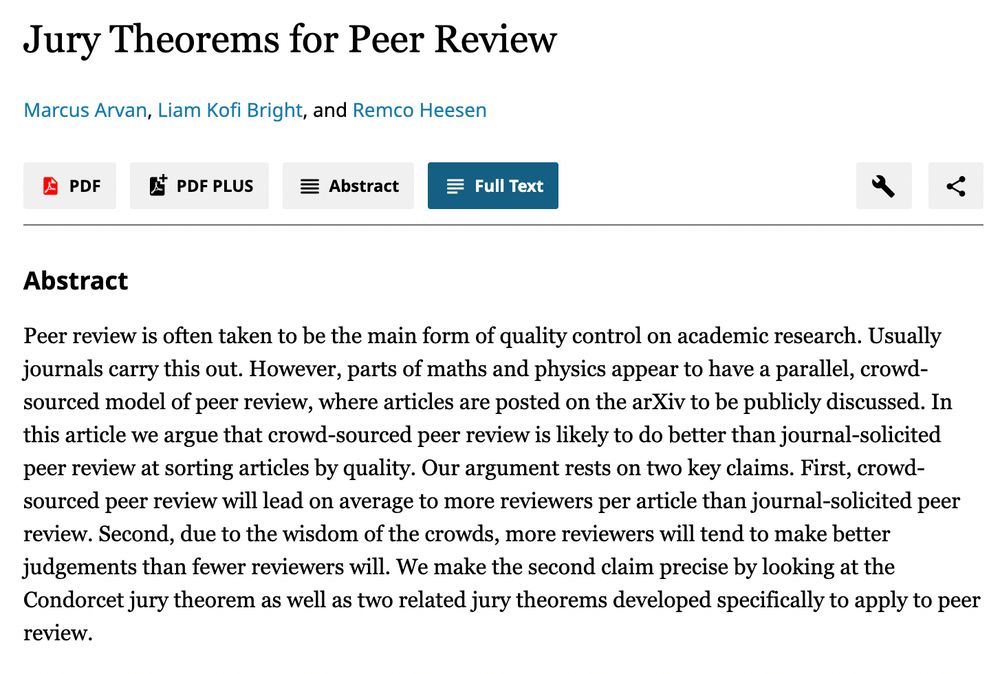John McBride
@johnmcbride4lyf.bsky.social
250 followers
340 following
140 posts
Scientist studying the evolution of proteins and music (so far, separately).
https://scholar.google.com/citations?hl=en&user=PYTwBWIAAAAJ
https://github.com/jomimc
Posts
Media
Videos
Starter Packs
Reposted by John McBride
John McBride
@johnmcbride4lyf.bsky.social
· Aug 19
John McBride
@johnmcbride4lyf.bsky.social
· Aug 19
John McBride
@johnmcbride4lyf.bsky.social
· Jul 17
John McBride
@johnmcbride4lyf.bsky.social
· Jul 16
John McBride
@johnmcbride4lyf.bsky.social
· Jul 16
John McBride
@johnmcbride4lyf.bsky.social
· Jul 16
John McBride
@johnmcbride4lyf.bsky.social
· Jul 16
John McBride
@johnmcbride4lyf.bsky.social
· Jul 14
John McBride
@johnmcbride4lyf.bsky.social
· Jul 14
Reposted by John McBride
John McBride
@johnmcbride4lyf.bsky.social
· Jun 19
John McBride
@johnmcbride4lyf.bsky.social
· Jun 19
John McBride
@johnmcbride4lyf.bsky.social
· Jun 16
Reposted by John McBride
John McBride
@johnmcbride4lyf.bsky.social
· Jun 16
John McBride
@johnmcbride4lyf.bsky.social
· Jun 16
Reposted by John McBride




